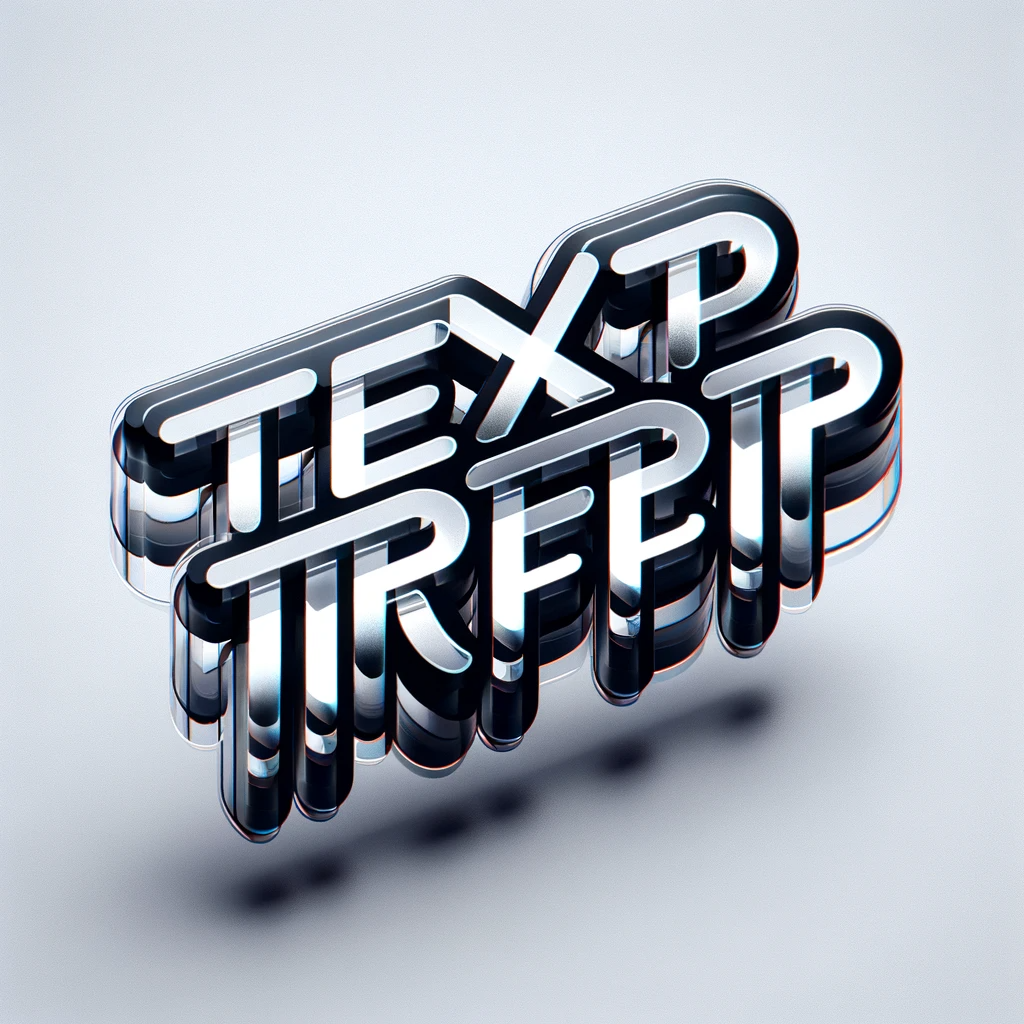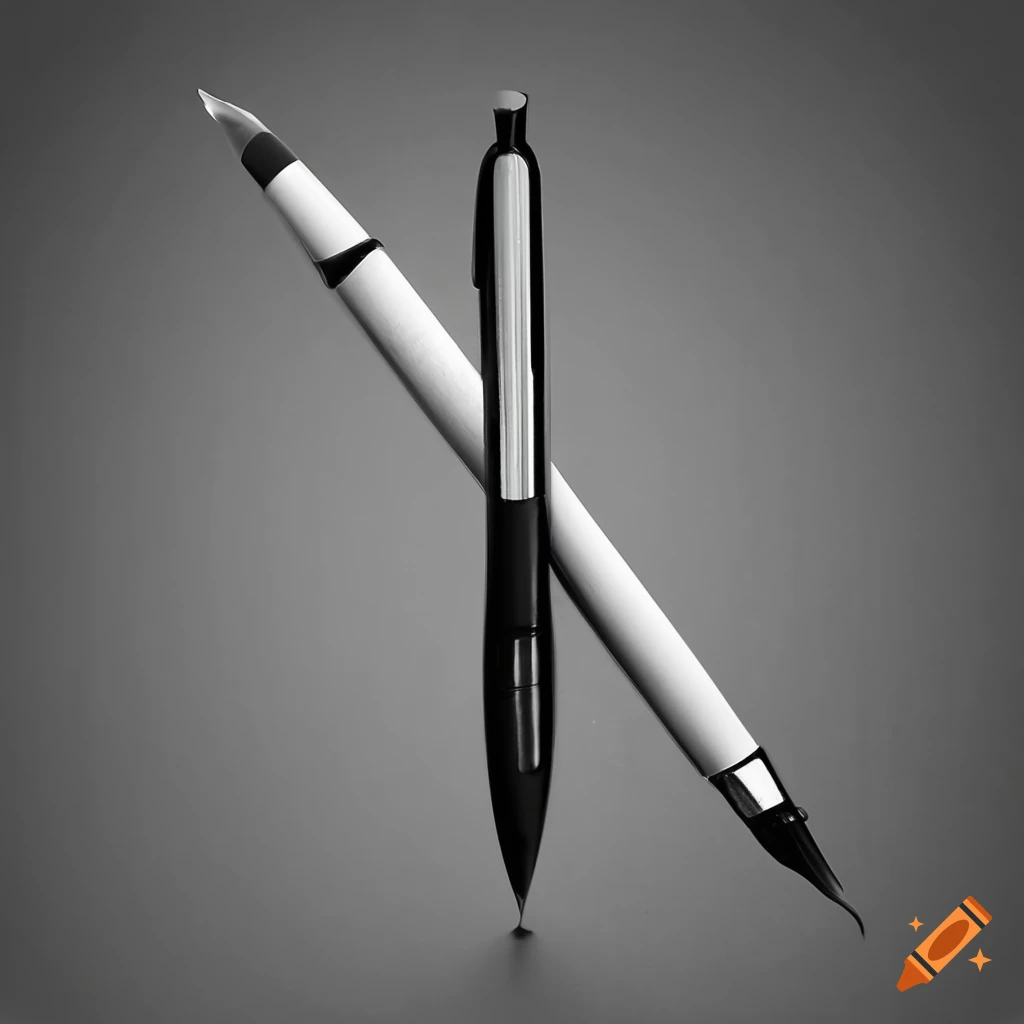Hey there, fellow wordsmith! Are you ready to take your writing to the next level? Whether you’re a seasoned author, aspiring blogger, or diligent student, having the proper writing tools at your fingertips can make all the difference. In this guide, we’ll explore a variety of writing tools that will help you write more efficiently, creatively, and confidently.
Grammar Checkers: Your Writing Sidekick
Grammar checkers are like having a virtual writing coach by your side, helping you catch typos, grammar errors, and style inconsistencies before you hit publish. Here are some popular options:
Grammarly
Grammarly is one of the most widely used grammar checkers, offering real-time suggestions for spelling, grammar, punctuation, and style. It’s available as a browser extension, desktop app, and mobile keyboard, making it easy to use across all your devices.
Hemingway Editor
Hemingway Editor focuses on readability and conciseness, highlighting complex sentences, passive voice, and excessive adverbs. It’s an excellent tool for tightening up your writing and making it more engaging for your readers.
Writing Apps: Where Creativity Flourishes
Writing apps provide a distraction-free environment for you to focus on your writing without being bogged down by formatting or distractions. Here are a couple of standout options:
Scrivener
Scrivener is a powerful writing tool that allows you to organize your thoughts, research, and drafts all in one place. With features like a corkboard and outline view, it’s perfect for planning and structuring longer writing projects like novels or research papers.
Ulysses
Ulysses is a sleek and minimalist writing app that offers a clean writing interface with powerful features like Markdown support, goal tracking, and document organization. It’s great for writers who prefer simplicity and flexibility in their writing process.
Note-Taking Tools: Capture Ideas on the Fly
Note-taking tools are essential for capturing ideas, jotting down research notes, and organizing your thoughts. Here are a couple of handy options:
Evernote
Evernote is a versatile note-taking app that allows you to capture ideas in various formats, including text, images, and audio recordings. With features like tagging and syncing across devices, it’s an excellent tool for keeping all your notes organized and accessible.
OneNote
OneNote is Microsoft’s note-taking app, offering a digital notebook experience with sections, pages, and customizable formatting options. It’s integrated with other Microsoft Office apps, making it easy to incorporate your notes into your writing workflow seamlessly.
FAQs: Uncovering Writing Tool Secrets
Q: Are writing tools only for professional writers?
A: Not at all! Writing tools can benefit writers of all levels, from students to seasoned professionals, by helping improve writing quality, productivity, and creativity.
Q: Are writing tools expensive?
A: Many writing tools offer free versions or affordable subscription plans with basic features. Some premium features may require a paid subscription, but there are often discounts available for students or educators.
Q: Can writing tools replace human editors?
A: While writing tools can help catch errors and improve writing quality, there are other substitutes for human editors. It’s still essential to have your work reviewed by a skilled editor or proofreader for feedback and guidance.
Q: Can I use writing tools on mobile devices?
A: Yes, many writing tools offer mobile apps or browser extensions, allowing you to write and edit on the go from your smartphone or tablet.
Q: Do writing tools work for all types of writing?
A: Writing tools are versatile and can be used for a wide range of writing projects, including essays, articles, blog posts, novels, and more.
Conclusion: Empower Your Writing Journey
As we wrap up our exploration of essential writing tools, remember that writing is a journey, and having the right tools can make that journey smoother, more enjoyable, and ultimately more successful. Whether you’re striving for clarity, creativity, or productivity in your writing, there’s a tool out there to help you achieve your goals. So, go ahead, experiment with different tools, and find the ones that resonate with your writing style and workflow. With the right tools by your side, you’ll be well-equipped to tackle any writing project that comes your way. Happy writing!

